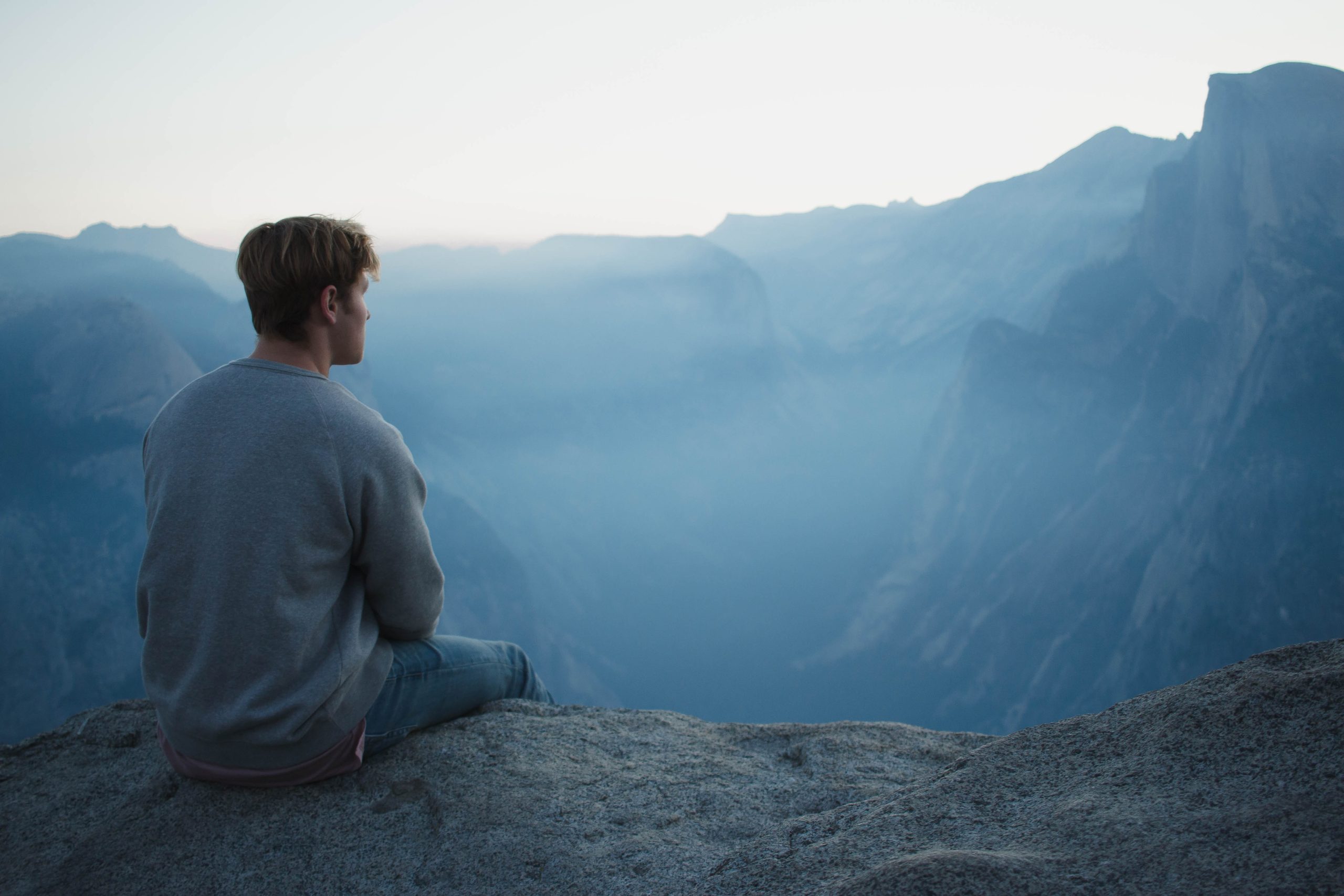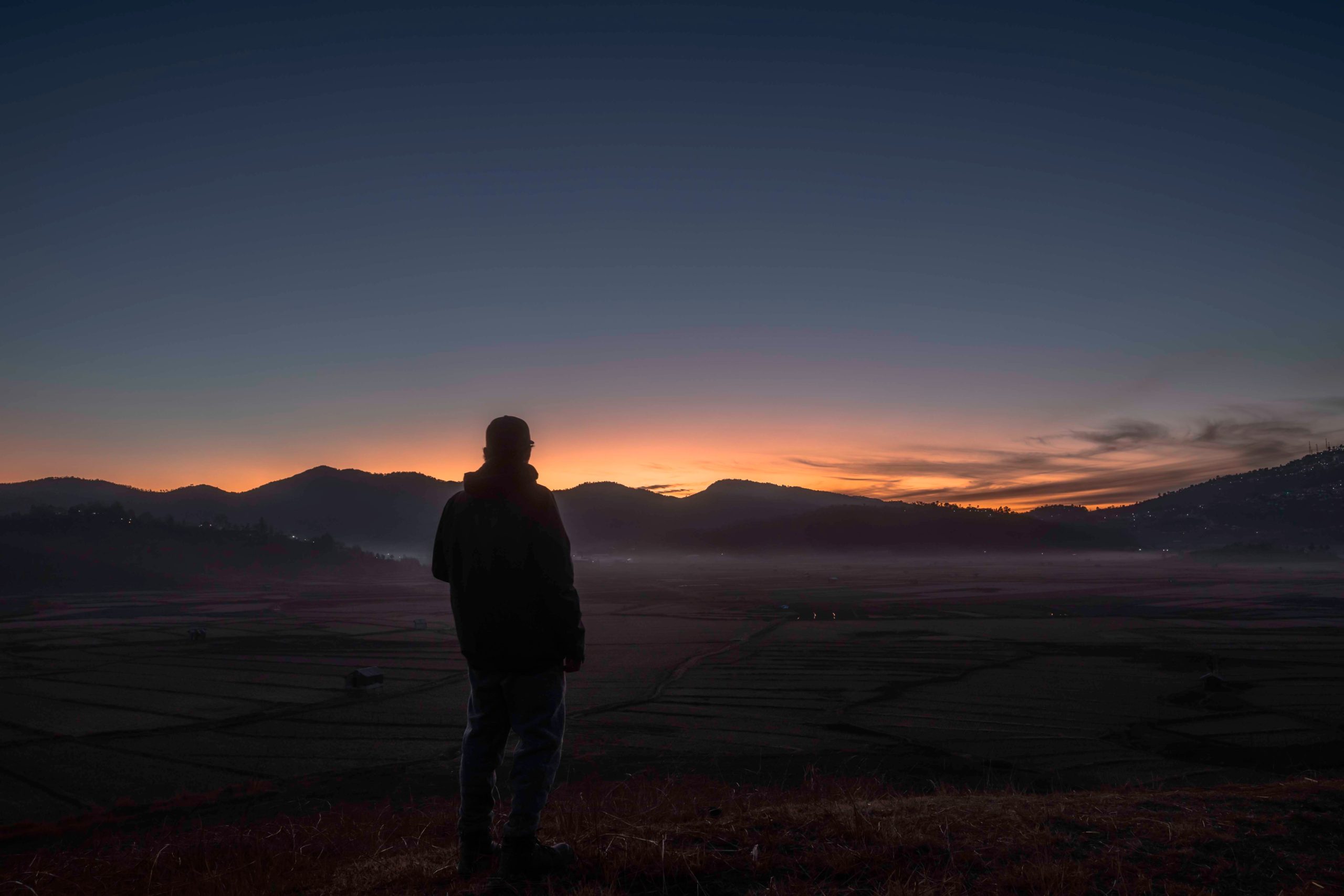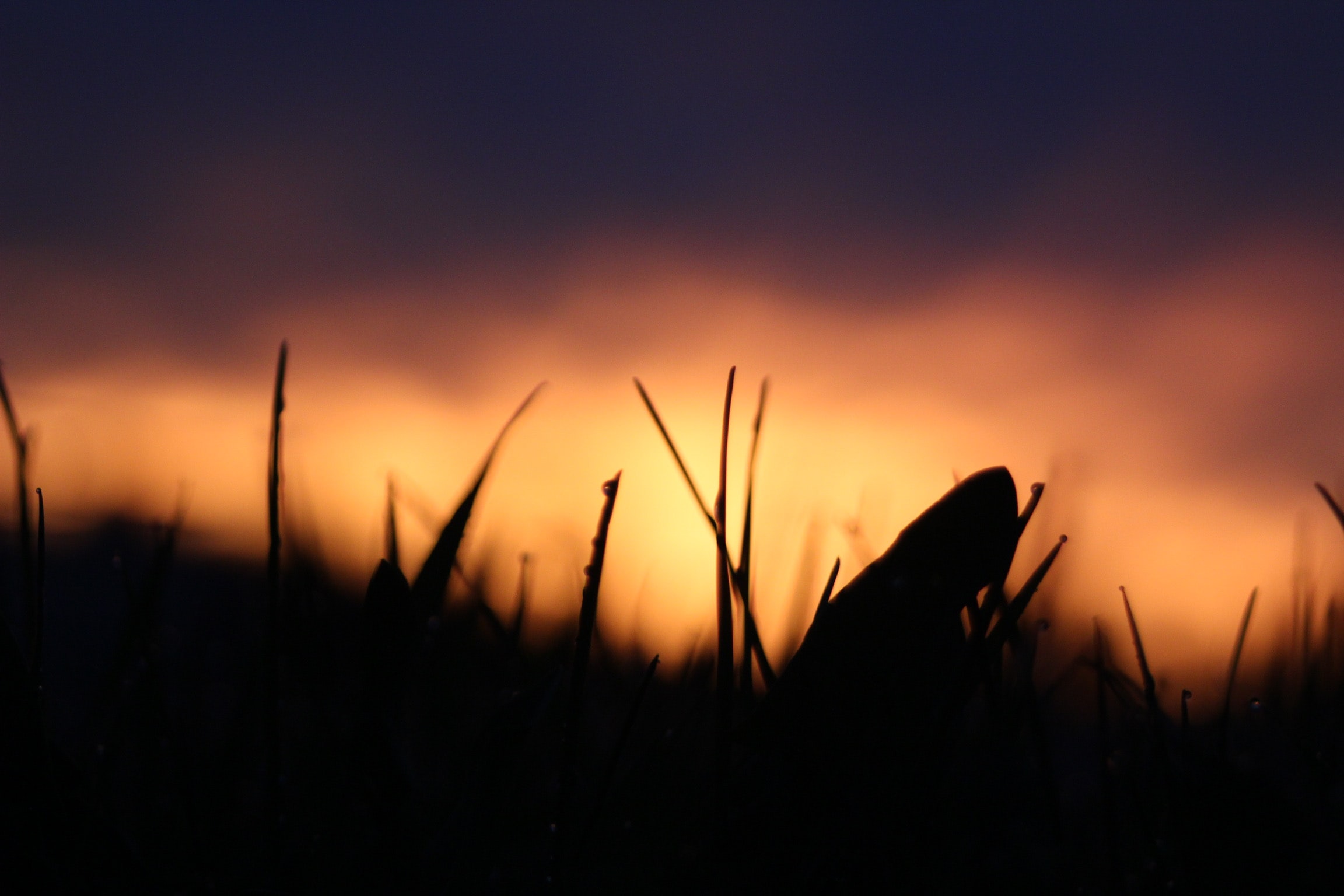Creating an Ideal
“If you have ever been completely enraptured by something – a landscape, playing an instrument or a sport, a person, etc. – you know that there are states where the opinion of others and the basic premises we operate under simply don’t exist. Not that they don’t exist indefinitely, but that their presence or lack thereof have no implications on your health or happiness.”










